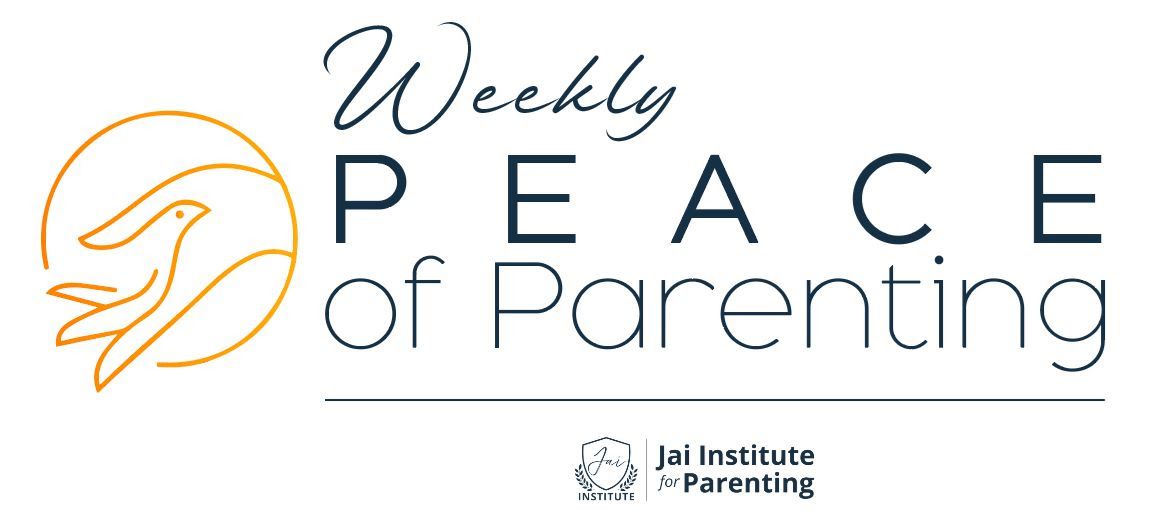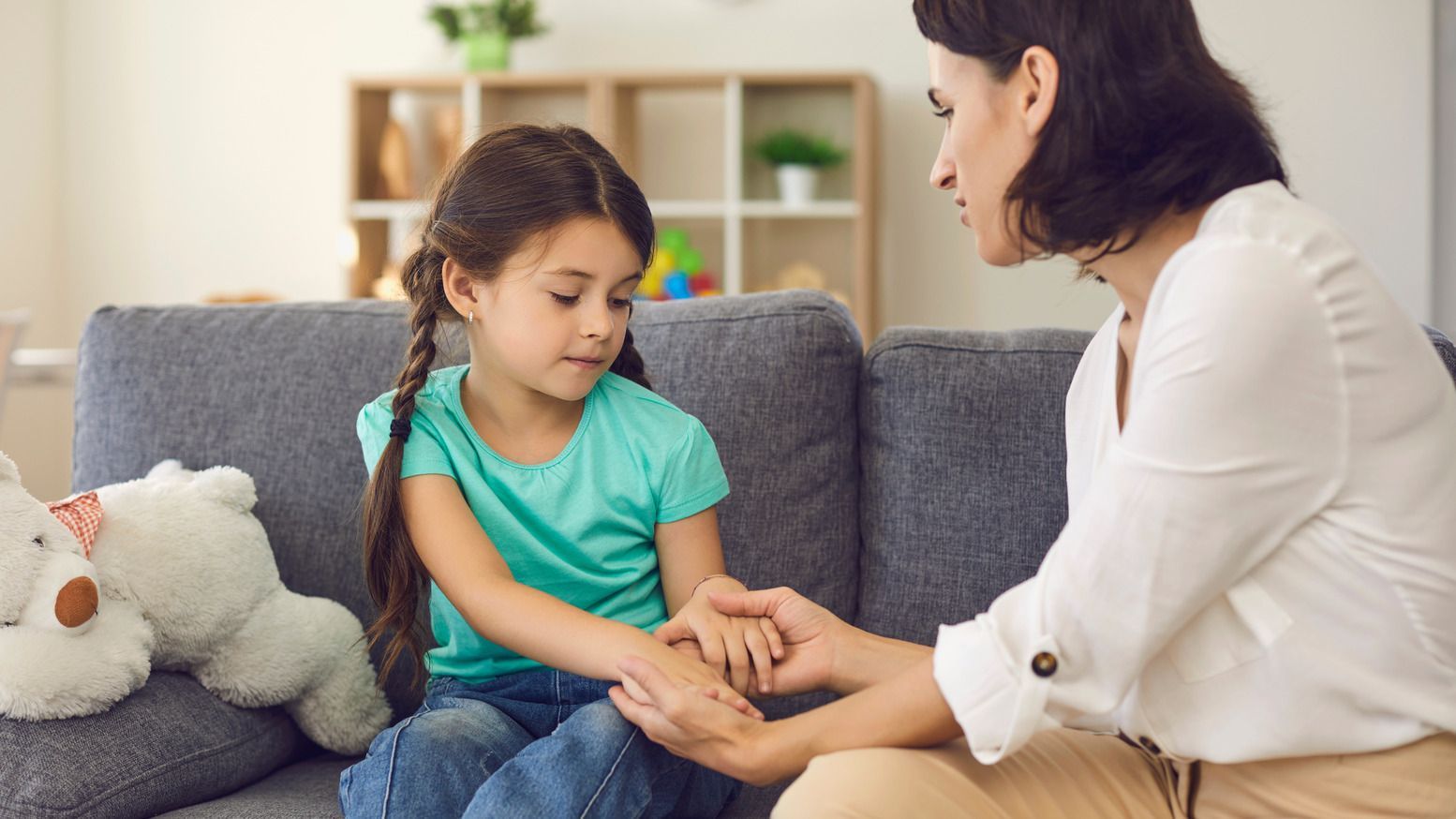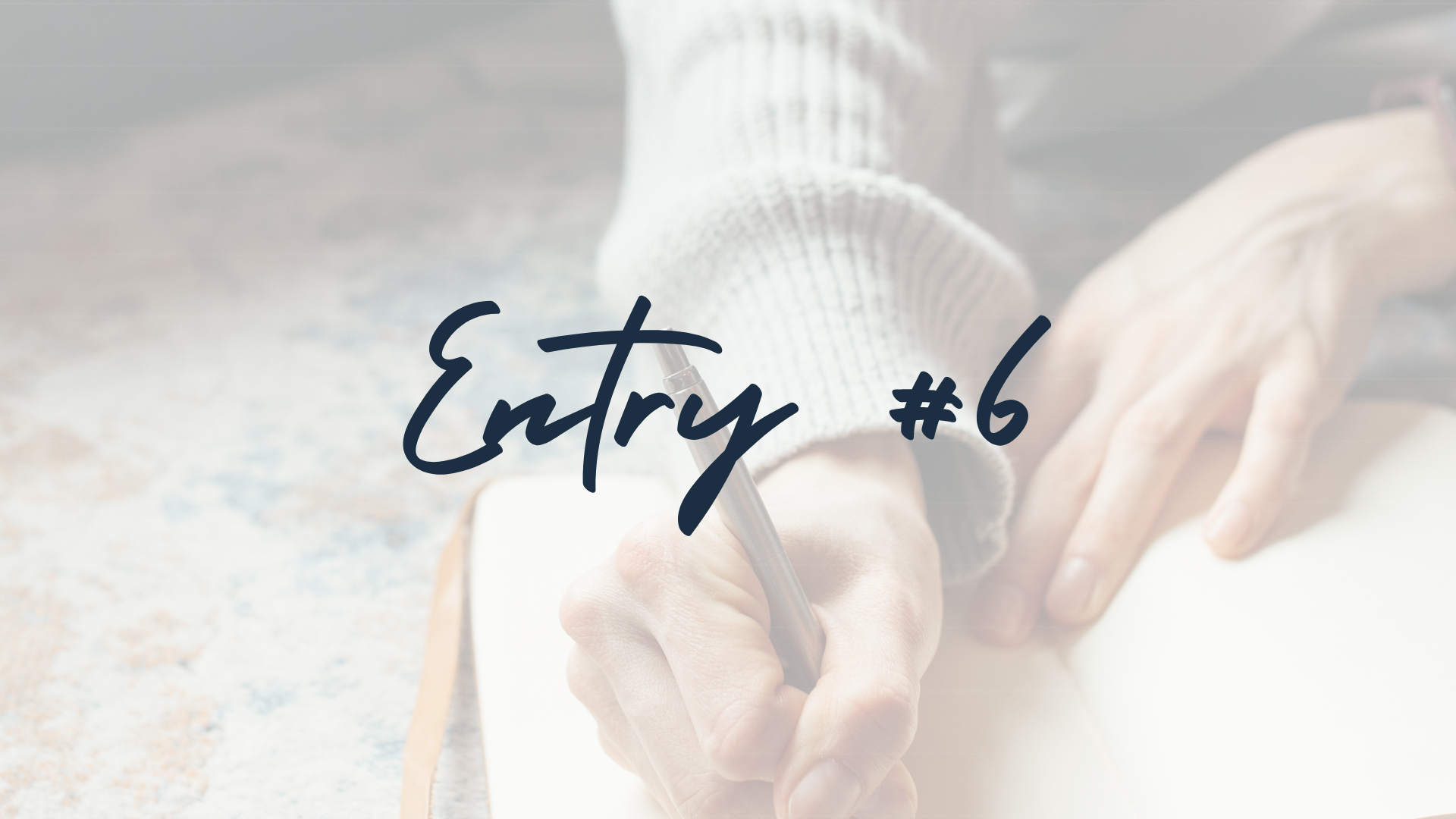
It can be so tempting to give our kids all the “answers,” especially when we see them struggling. Of course, as parents, we want to guide our kids, and sometimes, the fastest, easiest, and least energetic way to do that is to give them explicit directions.
It makes sense why this is a tool we often reach for. But it’s generally not in the highest service to their growth and development.
The trouble with guiding our kids with directions all the time is that it takes away opportunities for them to practice critical thinking, test their own limitations, and experiment with their own decision-making. It can also unintentionally signal to our kids that we don’t trust them or that they shouldn’t trust themselves.
They may get used to relying on receiving directions as they grow. As adults, they may struggle to make their own decisions because they didn’t get the chances to practice with our support as kids.
So this week, play with the idea of being your children’s MIRROR! Check it out below.

Be the Mirror & Lead with Curiosity
To create more space for our kids to learn on their own, we can be the mirror and lead with curiosity.
To be the mirror means to reflect back to our kids what we see and hear, stated simply and clearly, without projection, assumption, or judgment.
“I am hearing you say that you are not sure how to do this, and that is frustrating. That makes sense.”
And then, we can be silent, resting in our empathy without proposing a solution, stepping in to help, or giving directions. You may be surprised to discover that by simply validating and reflecting back, your child might find their way to their own answer.
We can also help cultivate critical thinking and autonomous problem-solving by leading with curiosity. In the great words of Tony Robbins: “Questions provide the key to unlocking our unlimited potential.” We can ask our kids questions to help them find their own answers and cultivate their own self-trust. There are endless opportunities and ideas for potential questions to ask our kids based on their age and stage of development.
Questions like… “What do you think about this situation?” “What options are you considering?” “How do you feel about it?” and “What could you do differently next time?”
Lastly, we can communicate our trust in them and their decision-making practices by saying out loud, “I am here to support you as you make your own decision here.”
The more we are willing to trust our kids, the more our kids will learn that it is safe to trust themselves. So put a hand on your heart, be there with them as they struggle, ask them questions, and breathe as you watch them fail and learn the most powerful lessons they will ever learn.


KEEP READING:

The Jai Institute for Parenting. All Rights Reserved.








